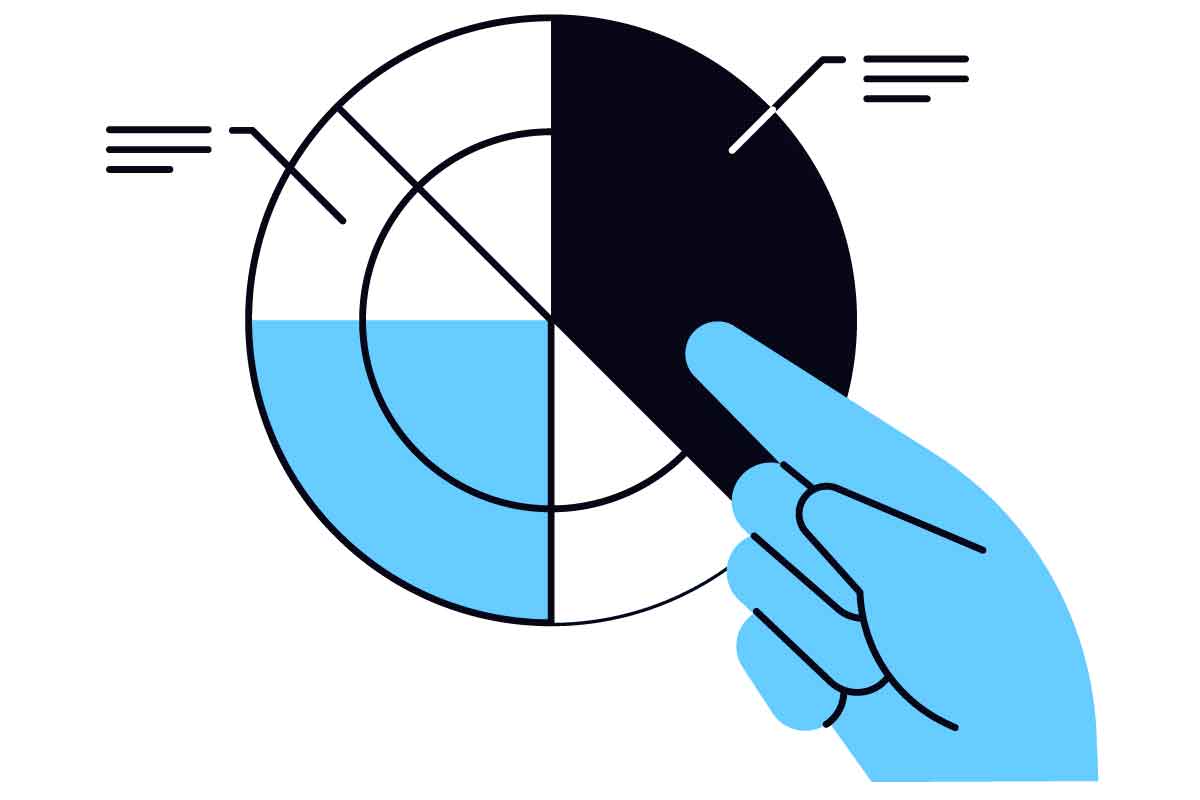Understanding who is liable for a company’s debts is an essential aspect of business management, particularly in the context of a limited company structure. In the UK, the concept of limited liability is one of the most significant advantages of establishing a limited company. This article will explore the responsibilities and liabilities of a limited company in relation to its debts.
Limited liability – A fundamental concept
The term “limited company” originates from the concept of limited liability. This means that the financial liability of the company’s shareholders is limited to their investments in the company, or the amount they agree to contribute if the company gets into trouble.
Featured pro tools
Explore business banking
 |
Wallester Business ✓ Virtual & Physical Cards ✓ No Setup Fees ✓ No Monthly Fees Pricing Trial period Contact |
|
 |
Revolut Business ✓ Business Current Account ✓ Award-Winning Mobile App ✓ Quick & Easy Application Process Pricing Trial period Contact |
|
 |
Tide Business Bank Accounts ✓ Free, Plus, or Pro Account ✓ iOS & Android Mobile App ✓ Upload & Auto-Match Receipts Pricing Trial period Contact |
|
 |
Card One Money ✓ No Credit Checks ✓ Simple Fees ✓ Up to 3.5% Cashback Pricing Trial period Contact |
|
 |
ANNA Money ✓ Apply in 10 minutes ✓ Bookkeeping & Payroll Tools ✓ User-Friendly Mobile App Pricing Trial period Contact |
|
 |
Co-Op Business Banking ✓ Business Current Account ✓ Online, App & High Street Banking ✓ Quick & Easy Application Process Pricing Trial period Contact |
|
 |
HSBC Business Banking ✓ Business Current Account ✓ In-Branch, Online & App Banking ✓ FSCS Protected Pricing Trial period Contact |
|
 |
Metro Business Banking ✓ Business Current Account ✓ High Street Presence ✓ FSCS Protected Pricing Trial period Contact |
|
 |
Mettle Business Banking ✓ Business Bank Account ✓ Online & App ✓ Quick & Easy Application Process Pricing Trial period Contact |
|
 |
Monzo Business Banking ✓ Business Current Account ✓ Dedicated mobile app experience ✓ FSCS Protected Pricing Trial period Contact |
|
 |
Virgin Money ✓ Business M Account ✓ In-Store, Online & App Banking ✓ Insights & Forecasting Platform Pricing Trial period Contact |
If the company cannot pay its debts, in most cases, the shareholders’ personal assets are protected.
The role of shareholders and directors
In a limited company, shareholders are typically not personally liable for the company’s debts beyond their share capital investment.
This is one of the main attractions of forming a limited company, as shareholders can participate in the business without putting their personal assets at risk.
Directors are also usually protected by the principle of limited liability. However, there can be exceptions.
For instance, if a director has personally guaranteed a loan for the company, they may be held personally liable for that debt if the company cannot repay it.
Additionally, directors can be held personally liable for the company’s debts if they continue to trade while the company is insolvent, in what is known as wrongful trading.
When limited liability does not apply
There are some situations in which limited liability does not apply. These include:
1. Personal guarantees: If a director or shareholder personally guarantees a loan or debt, they are agreeing to take on personal liability for that debt. If the company cannot repay it, the guarantor will have to do so from their personal resources.
2. Wrongful trading: If a company continues to trade while insolvent, and this results in a worsening of the company’s financial position, the directors can be held personally liable for the company’s debts. This is known as wrongful trading. It’s worth noting that directors have a legal duty to act in the best interests of the company’s creditors if the company is insolvent.
3. Fraudulent trading: If it’s found that the business has been run with the intent to defraud creditors, or for any fraudulent purpose, the directors can be held personally liable for the company’s debts. This is a criminal offence and can lead to serious penalties.
4. Overdue taxes: Directors can be held personally liable for some types of unpaid taxes if they fail to meet their obligations under UK tax law.
Conclusion – Who is liable for debts in a limited company?
In general, the structure of a limited company protects shareholders and directors from being personally liable for the company’s debts.
However, there are exceptions to this rule, and understanding these is crucial for anyone involved in running a limited company.
It’s always advisable to seek professional advice if you’re unsure about any aspect of your company’s financial obligations.
FAQ
Limited liability means that the shareholders of a limited company are only liable for the company’s debts up to the amount they’ve invested or agreed to contribute. Their personal assets are generally protected if the company cannot pay its debts.
Generally, directors are not personally liable for a limited company’s debts. However, exceptions can occur. For instance, if a director has provided a personal guarantee for a loan, they could be held responsible for that debt. They can also be held personally liable for wrongful trading if they continue to trade while the company is insolvent, and this results in a worsening of the company’s financial position.
Wrongful trading refers to a situation where a company continues to trade while insolvent, and this leads to a worsening of the company’s financial position. In such a situation, the directors of the company can be held personally liable for the company’s debts.
In most cases, shareholders are not personally liable for a limited company’s debts. Their liability is usually limited to their investment in the company or the amount they agree to contribute if the company gets into trouble.
Limited liability protection can be lifted in certain situations, such as if a director or shareholder has personally guaranteed a loan, if the company has traded wrongfully or fraudulently, or if the company has failed to meet its tax obligations. In such cases, directors or shareholders may become personally liable for the company’s debts.

